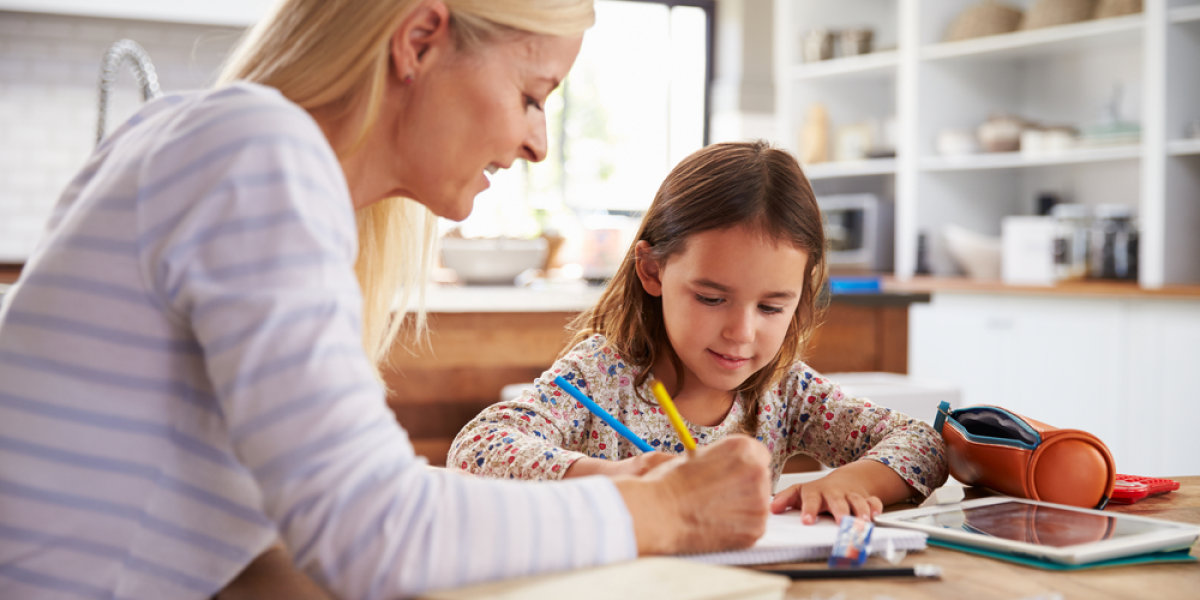
Homeschooling is not for everyone. However, when you are faced with few options, this might be your best alternative. Such was my experience living in Guinea-Bissau from 2003-2006. When I first learned of my husband’s posting to the West African nation, I was very apprehensive about going with him, along with our two young children, then aged four and six. But it was an important career move that couldn't be passed up.
No education infrastructure and facilities
Guinea-Bissau is one of the poorest nations on earth (bottom 15 countries) with a per capita income of $1,600, a literacy rate of 59.9% and a complete lack of basic services (water, electricity and hospitals). It did not help that there was a coup d'état when we first arrived in 2003, but I digress. What was worrying was the lack of education facilities. We did know what we were getting into, as the post-report from the office indicated nearly everything or painted a pretty accurate picture of reality. There were two types of schools “suitable” for expat children – the Portuguese school and the French school. We opted for the latter due to our affiliation with a Francophone country.
Distance learning and homeschooling
Ecole Internationale de Bissau is not an international school in the strictest sense. It was an association of parents (residents and foreigners) keen to offer the best education for their kids under difficult local conditions. The parents' association rented a house where the children could “attend school.” It hired Senegalese teachers to teach and follow the courses sent by the CNED (distance learning scheme) in Toulouse, France. Exams of students were sent and marked in France but completed in Bissau under the supervision of teachers.
It was a difficult time for my kids, but at this age, they were quick to absorb and assimilate a new language. I taught them English at home, although there was a basic English language subject in the curriculum. The rest, from Maths to Geography, were taught in French.
When it came to music, I wanted the children to learn at least one instrument. I knew it would be difficult to find a teacher, but I hired the music instructor in school to give lessons to the kids at home. Unfortunately, I did not even think far ahead to buy them their first instruments such as a guitar or flute. Lucky for us, the teacher volunteered to bring a keyboard from Senegal. What was abundant, of course, were drums (djembe) and the wooden xylophones (balafon). Hence, in addition to French language classes, the kids received home tutoring lessons in piano, drums and xylophone. It was not too bad considering the prevailing local conditions.
Going to a regular school
Fast forward to 2017, and here I am about to end another journey overseas. I might just add that in between were four years in Botswana and three years in Belgium, where the kids attended traditional schools. Barbados is a dream island for many, and for us it is too. Life here is easier than in Bissau, and my kids were enrolled in an international school. One finished her IB diploma in 2015 and is now on her second year at a UK university. The other child will finish in May this year and also be on her way to the UK (hopefully).
Home education was not an option for us, as there are plenty of schools following different types of curriculum. Most expats choose to put their kids at the international school in St. John, where a rigorous IB programme is offered. However, for those who wish to homeschool their children, this is a possibility as well. Locals who decide to do so must request permission from the Ministry of Education why they want to homeschool their offspring. In fact, there is a controversial and ongoing case of a Rastafari couple who educate their kids at home.
Lessons learned
Home education may be the only alternative in some circumstances. That was partly the experience I had in Bissau. Homeschooling has its advantages, such as the ability to give a tailor-made education based on a child's capability and the flexibility of schedules. It has drawbacks, including the lack of interaction with peers for the kids and the pressures of teaching full-time in a home environment for parents. For my kids, combining semi-formal schooling with private tutorships and distance learning was the best option allowing them to receive an education that was suitable at that time. I believe the education they received in Africa helped them in many ways to shape their vision, attitude and stock knowledge. I don't think that as parents, we short changed their education or experience. If anything, it was enhanced by the challenges we faced and the environments we were living in.



















